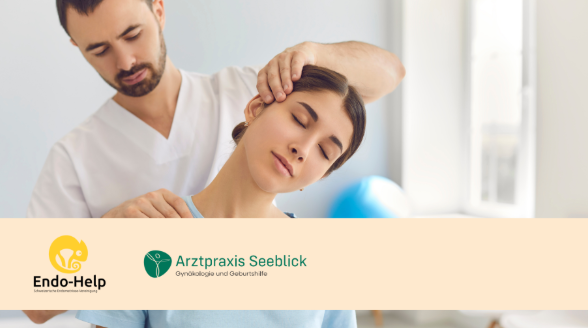Article Meilener Anzeiger: When laughter becomes a challenge

Stress urinary incontinence is the most common form of urinary incontinence in women and can have a significant impact on quality of life
Those affected lose urine involuntarily during physical exertion such as coughing, sneezing or laughing, and without any prior warning signals. The cause is usually a weakness of the pelvic floor, which regulates the flow of urine. Although stress incontinence is widespread, it often remains a taboo subject. Many women are reluctant to talk about their symptoms out of shame or insecurity. However, there are a variety of treatment options that can help effectively without the need for immediate surgery.
Causes and risk factors
Stress incontinence is caused by a weakening of the pelvic floor muscles or the bladder sphincter. This can have various causes. Pregnancy and childbirth: During and after pregnancy, the pelvic floor is put under a lot of strain.
Hormonal changes: Oestrogen levels fall during the menopause, which affects tissue structure.
Overweight: Increased strain on the pelvic floor can make bladder control more difficult.
Chronic strain: Frequent heavy lifting or persistent coughing due to smoking or asthma exacerbates the problem.
Treatment options
Fortunately, there are numerous therapeutic approaches that can help without the need for surgery.
Pelvic floor training: Targeted exercises with the support of physiotherapy strengthen the muscles.
Electrical stimulation and biofeedback: These methods promote conscious control of the pelvic floor muscles.
Oestrogen preparations: Local applications can strengthen the tissue and support bladder function.
Pessaries: Vaginally inserted devices help mechanically with bladder control
Seek help
The first step is always to seek help and talk about it. The first step should be a visit to the gynecologist to discuss individual treatment options. No one should be restrictedrestrictions, because help is possible.



